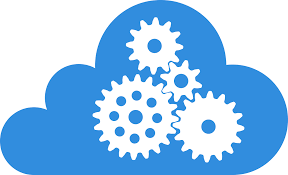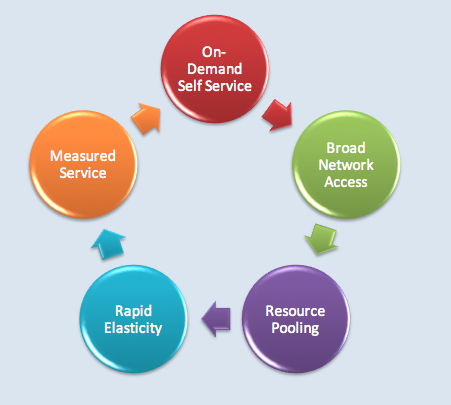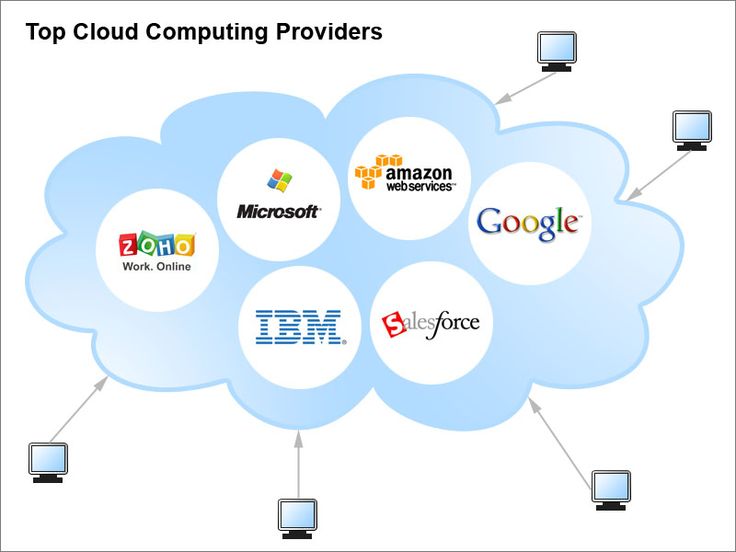What is “Cloud Computing?”
Today “Cloud Computing” is the most commonly used “buzz word” in Information Technology. Every industry (Small to Large) is drifting towards Cloud Platforms like AWS, Azure, Google Cloud Platform, IBM Bluemix (Softlayer), Openstack, RedHat Private Cloud, Rackspace, DigitalOcean and many more. Now a days, any IT conference, technical forums, workshops and even internal team discussions, are incomplete without “Cloud Computing”. As a “Cloud Wave” most of the local datacenters are either getting decommissioned or getting condensed day by day to save cost and focus on their core business areas instead of maintaining big/complex IT Infrastructure. This creates a curiosity in every individual to know “What Cloud Computing Is?”, “Why it is getting so popular?” and “How Cloud Computing is going to be the future?”. Let’s take a deep dive to understand what actually a Cloud computing is.
Cloud / Cloud-Computing:
Cloud Computing also referred as “Cloud”, is the delivery of on-demand computing resources – everything from applications to datacenters – over the network (typically Internet, but can be Intranet as well) and on a pay-per-use basis. It is basically allowing someone else to manage the infrastructure (Servers, Storage, Power-Grids, Datacenter Space, Staff, Cooling-units, Cables and many other things typically used in Datacenters setup) for you; and you as a user take these products as a Service from “Cloud”.

Let’s understand this in a very simple way: we use OLA/Uber taxis on-demand (whenever we need them) and pay them only for the used period & type of the services (Mini, Prime, Pool etc.) obtained, without managing the Car on our own. Similarly Cloud Computing is to allow someone else to manage the datacenter & infrastructure for you, and you take the required services from them on rent – as Pay-per-use basis. On top of it “Cloud Computing” also provide us the flexibility to choose from various different cloud services like database, webservers, storage etc.
Similar to Carpool, your hosting infrastructure is being shared by multiple organizations/clients which are secret (unknown) to you and will be completely managed by “Cloud Providers”.
This raises a serious question about Security Risks, as you are sharing your baseline infrastructure with secret (unknown) clients. Though this is just a misconception about Cloud, as within same Infrastructure everything is isolated in virtualized manner. No one has any privilege to enter your secure infrastructure zone . If you are still concerned about security, Cloud even provides you with the option to have your own “dedicated infrastructure” at some additional cost (this is called Private Cloud within Public Cloud).
Cloud Characteristics:
Though Cloud have many Characteristics, here the major ones:
On Demand Self Service – You can yourself provision & release the service that you need, without the help of provider, by using web-portal/mobile app. The same way – you book/cancel a cab using OLA/Uber through website/mobile-App.
Broad Network Access: Services can be provisioned/Managed through Internet as well.
Resource Sharing: To utilize cost, you can share the underline infrastructure with other clients/organizations.
Rapid Elasticity: Scaling up and scaling out the Virtual Infrastructure is a matter of seconds. It’s really simple and without any provider’s intervention (all using a single web-portalJ).
Measured Service: You have to pay based on type of services you selected, and based on usage period. In case you need a server for just 5 hours, you’ll be charged only for those many hours, not for a month/years’ time.

Cloud Providers:
There are many Cloud Providers in the market, where AWS (Amazon Web Services), Microsoft Azure, IBM Bluemix (SoftLayer), Google Cloud Platform (GCP), Alibaba and Openstack by Redhat/Ubuntu/Huawei are some of the leading market leaders. You can host your services (Infrastructure, Databases, Storage, various Applications, Web Services, Dataware house, Containers and much more) in their datacenter and they can manage the same for you. More management you need to control these hosted services, more charges you have to pay.
Gmail, Facebook, IRCTC, Whatsapp are some of the freely available cloud services, hosted freely on Cloud. While AWS, Office 365, Azure etc are some of the Private services which are paid and SLA bound.

This is what “Cloud” or “Cloud Computing” is. Stay tuned to know more about Cloud in our next posts on – Why Cloud over traditional datacenters, Cloud deployment types, Cloud Service Models, Cloud Major use cases and more.